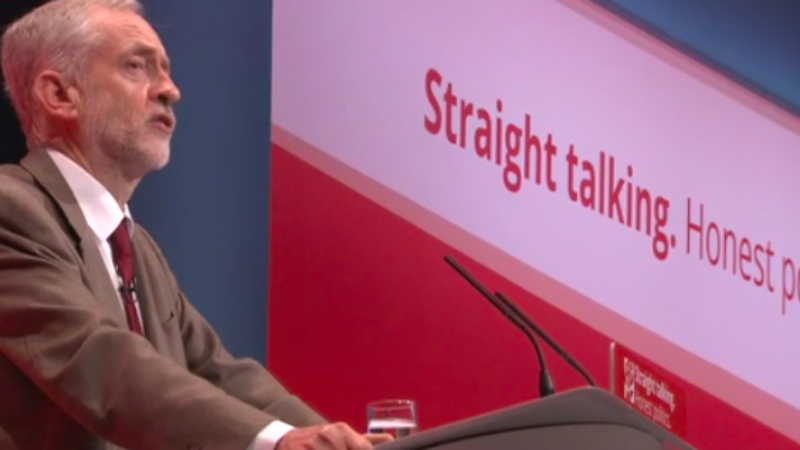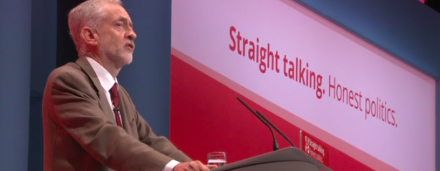

“I don’t care about the facts”, one of my friends told me in April this year when we started talking politics in the pub, “Gordon Brown sold all the gold so I don’t think Labour know how to deal with the economy, sorry”. Before the general election, Labour supporters had this kind of conversation on doorsteps up and down the country and it made an unfortunate truth abundantly clear: stories win out over facts.
This was one of the takeaways from Margaret Beckett’s report into why Labour lost the election, released yesterday. Labour needed a narrative. Policy, eventually refuting the idea that Labour caused the 2008 financial crash and promising that the economy was safe in their hands didn’t mean much to the public by the time election campaigning was in full swing.
“For all the strength of our policies, much of the evidence we have received speaks of a lack of public awareness of much of their content”, writes Beckett, “We have also heard of a perception that, while individual policies were often sound and popular, we lacked the early adoption of a consistent overarching narrative or theme, which could be simply expressed and conveyed on the doorstep, or in the studio”.
One of the strategies Labour was missing was a clear narrative. A report that chimes with Beckett’s analysis was produced by the think tank, the New Economics Foundation in 2013. They gave a helpful reminder of how to weave a convincing (albeit in this case-study, thoroughly disingenuous) narrative. They explain that the Tories, flanked by their coalition partners, constructed a powerful story about the economy. Austerity, and the cuts that accompanied it, became a “necessary evil” in a tale that saw the Tories rescue a country broken by the Labour party and finally get it back on track. They used understandable language and memorable ideas – remember the line that Labour had maxed out the country’s credit card?
This is what Labour need. Only they don’t have to follow the Tories example exactly.
Creating a coherent story that explains your vision for the country doesn’t have to mean selling out or tricking people into believing unsound economics or untrue stereotypes about immigration. Labour’s narrative will be even more powerful because it will be based on facts.
Labour’s economic message has to be relatable. Jeremy Corbyn’s focus on fairness at the weekend and John McDonnell’s line about the Tories selling off the country’s assets are a good start. He needs to build on this to a relatable narrative for middle- and low-income people from all corners of society. One that will appeal to the majority of people who don’t think in terms of ‘left’ and ‘right’ but spend most of their time working and worrying about what’s best for them, their parents, children, elderly relatives, siblings and friends.
Labour, then, need to repeat their message in a variety of forms ad infinitum. And they have to do so confidently and unite behind Corbyn; otherwise puerile infighting will take centre stage. A strong, well-delivered message is how they’ll shift the much talked about Overton window that suffocates decent political debate.
Given the various challenges facing Labour in different parts of the country, there is no one catchall solution that will magically deliver the party a General Election victory in 2020. But we must remember that despite the doomsday forecast some are making, a Labour government in four years time is, of course, possible. An electorally engaging strategy will take some work to craft but a good place to start is with a coherent narrative: a story that the public understand and support. Jeremy Corbyn and his team are more than capable of creating this, and when they do the party should unite behind them.




More from LabourList
‘I spent years telling workers the law couldn’t help them – that has changed’
Josh Simons resigns as Cabinet Office minister amid investigation
‘After years of cuts, Labour’s local government settlement begins to put things right’